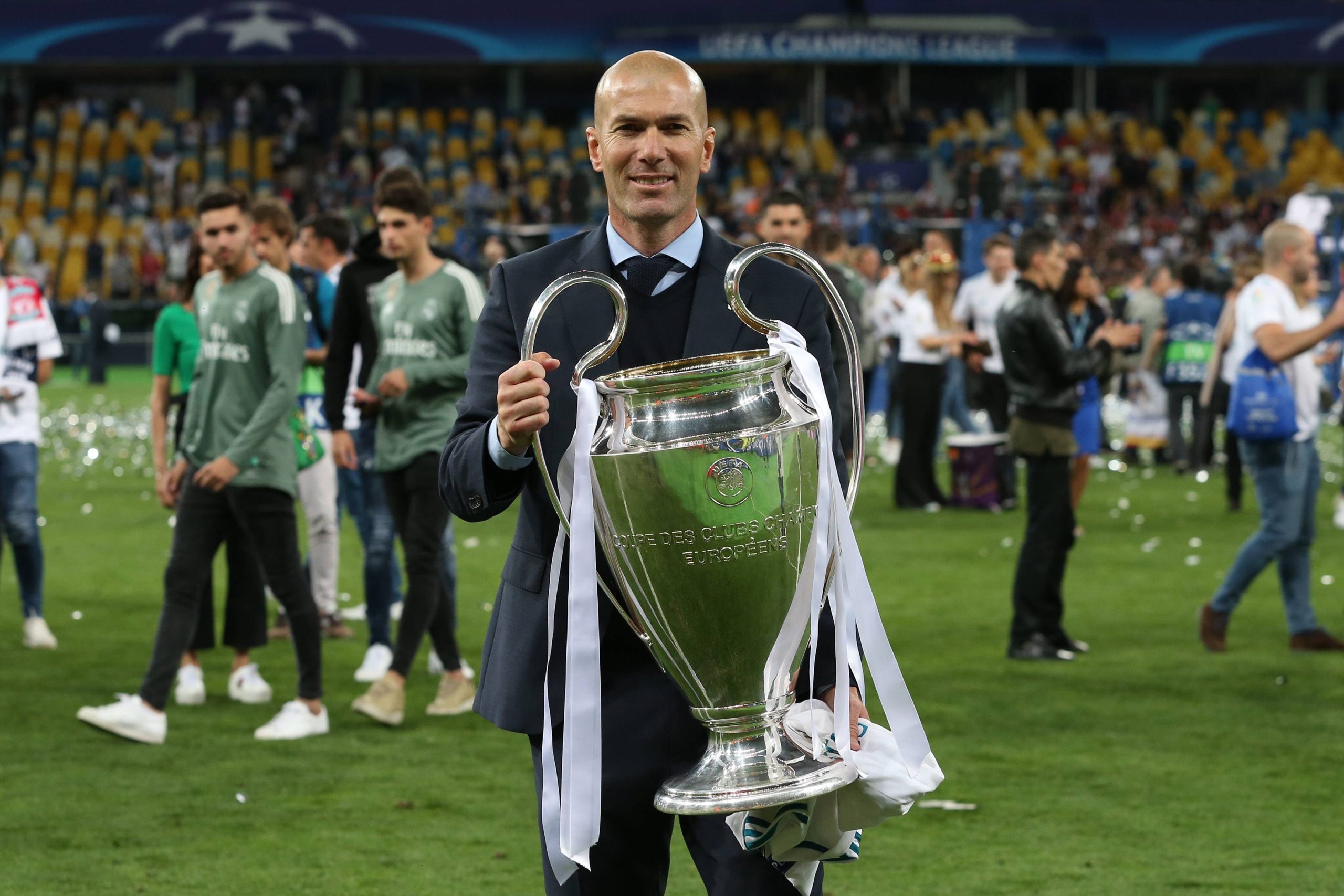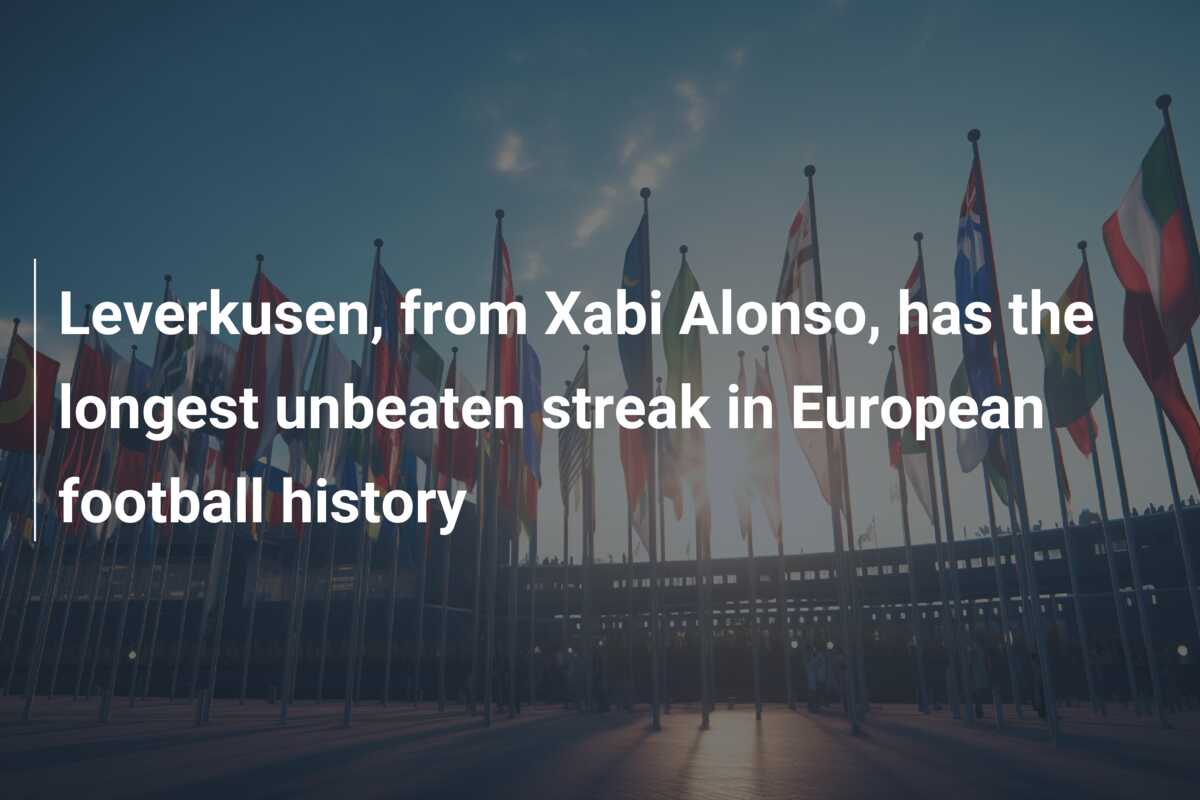
The Immortal Runs: Exploring Europe’s Longest Unbeaten Streaks in Football History
In the annals of football, few achievements capture the imagination quite like an unbeaten streak. It speaks of unparalleled dominance, tactical brilliance, unwavering mental fortitude, and a touch of the sublime. For a team to navigate the treacherous waters of a full season, or even multiple seasons, without succumbing to defeat is a testament to perfection in a sport inherently defined by its unpredictability. These are the runs that etch themselves into the very fabric of club history, inspiring awe and setting benchmarks for generations to come.
Europe, with its diverse leagues and rich footballing heritage, has been the stage for some of the most legendary unbeaten streaks the world has ever seen. From the relentless precision of Italian giants to the flamboyant flair of English and Portuguese champions, these teams transcended the ordinary, achieving moments of immortality. But what does it truly take to build such an impenetrable fortress, and which clubs stand as the ultimate standard-bearers of invincibility?
The Gold Standard: Arsenal’s "Invincibles" (2003-2004)
Perhaps the most globally celebrated unbeaten run in modern football is that of Arsenal’s "Invincibles" during the 2003-2004 Premier League season. Under the visionary guidance of Arsène Wenger, Arsenal completed an entire 38-game league campaign without a single defeat, achieving a feat unmatched in English top-flight football since Preston North End in 1888-89 (who played a much shorter 22-game season).
Their streak, however, extended beyond just one season. Beginning in May 2003 and finally ending in October 2004, Arsenal went an astonishing 49 Premier League matches unbeaten. This run was characterized by a potent blend of defensive solidity, epitomized by Sol Campbell and Kolo Touré, and an attacking symphony orchestrated by the likes of Thierry Henry, Dennis Bergkamp, Robert Pirès, and Freddie Ljungberg, fueled by the midfield engine of Patrick Vieira and Gilberto Silva.
Wenger’s philosophy of fluid attacking football, coupled with a steely determination, made them an almost unstoppable force. They drew frequently (12 times in the invincible season), showcasing their ability to grind out results even when not at their peak, a crucial hallmark of an unbeaten side. Their record stands as a benchmark in the Premier League era, a testament to a truly special group of players and a manager who pushed the boundaries of what was thought possible.
Italian Fortresses: AC Milan & Juventus
Italy, renowned for its tactical discipline and defensive prowess, has also been home to some formidable unbeaten runs.
The AC Milan side of the early 1990s, managed by Fabio Capello, inherited the tactical genius of Arrigo Sacchi and elevated it to new heights. From May 1991 to March 1993, this legendary Rossoneri squad went an incredible 58 Serie A matches unbeaten. This run, which included Paolo Maldini, Franco Baresi, Mauro Tassotti, and Alessandro Costacurta forming one of the greatest defensive units in history, alongside attacking talents like Marco van Basten, Ruud Gullit, and later Dejan Savićević and Jean-Pierre Papin, saw them win three consecutive Serie A titles and the Champions League. Their impenetrable defense and efficient attack made them a truly terrifying opponent, embodying the very essence of Italian football’s Catenaccio principles, albeit with an attacking flair.
More recently, Juventus, under Antonio Conte, embarked on a remarkable journey of their own. After a period of relative decline, Conte revitalized the Bianconeri, leading them to an unbeaten Serie A title in the 2011-2012 season. Their league streak extended to 49 matches unbeaten (across two seasons), stretching from May 2011 to November 2012. This run marked the beginning of Juventus’s almost decade-long dominance of Italian football. With Gianluigi Buffon in goal, Andrea Pirlo dictating play from deep, and a tireless midfield led by Arturo Vidal and Claudio Marchisio, Conte instilled a ferocious work ethic and a tactical identity that suffocated opponents.
Iberian Dominance: Benfica & Porto
Portugal, too, has contributed significantly to the list of European giants who have achieved seemingly impossible feats of endurance.
SL Benfica, during the mid-1970s, showcased their own brand of invincibility. From October 1976 to September 1978, the Eagles went an impressive 56 matches unbeaten in the Primeira Liga. While perhaps not as globally recognized as some other streaks due to the era and league’s prominence, this was a period of immense domestic superiority for Benfica, built on a strong core of Portuguese talent and the enduring legacy of their earlier European successes.
In more recent memory, FC Porto continued the tradition of Portuguese dominance. From March 2010 to February 2012, Porto strung together an incredible 55 matches unbeaten in the Primeira Liga. This run spanned the highly successful period under André Villas-Boas, who led them to an historic treble (league, cup, Europa League) in 2010-11, before being continued by his successor Vítor Pereira. With players like Radamel Falcao, Hulk, João Moutinho, and James Rodríguez, Porto combined blistering attack with tactical discipline, asserting their authority over the Portuguese league with an iron fist.
The Absolute Longest: Steaua Bucharest (1986-1989)
While the aforementioned streaks are remarkable in their own right, the sheer numerical record for the longest unbeaten run in European top-flight football belongs to Steaua Bucharest of Romania. From August 1986 to September 1989, Steaua went an astounding 104 matches unbeaten in the Divizia A (now Liga I).
This extraordinary run coincided with their most successful period, which included winning the European Cup (now Champions League) in 1986 and reaching the final again in 1989. While acknowledging that the Romanian league at the time might not have possessed the same competitive depth as the major Western European leagues, 104 games without defeat is a staggering achievement by any measure. It required immense consistency, mental strength, and a high level of talent, with players like Miodrag Belodedici, Gheorghe Hagi (for part of the run), and Marius Lăcătuș. This record stands as a testament to unparalleled domestic dominance, a true anomaly in the history of the sport.
Other Notable Mentions
- Celtic (2016-2017): Under Brendan Rodgers, Celtic went 69 domestic matches unbeaten (including league, Scottish Cup, and Scottish League Cup) from May 2016 to December 2017. This incredible run saw them complete an undefeated "Invincible Treble" in 2016-17, a testament to their absolute dominance in Scotland.
- Dinamo Zagreb (2014-2015): The Croatian giants went 50 league matches unbeaten.
- Shakhtar Donetsk (2000s): Several long unbeaten runs in the Ukrainian Premier League, though not reaching the absolute top tier.
The Common Threads of Invincibility
Beyond the individual statistics, what common elements bind these legendary streaks together?
- Managerial Vision and Leadership: Every single one of these runs was orchestrated by a strong, clear-thinking manager (Wenger, Capello, Conte, Villas-Boas, Iordănescu/Jenei). They instilled a winning mentality, a clear tactical identity, and the belief that defeat was not an option.
- Squad Depth and Quality: It’s not just about the starting XI. An unbeaten run demands a deep squad capable of rotating players without a drop in quality, handling injuries, and adapting to different opponents. These teams invariably boasted world-class talent across the pitch.
- Tactical Discipline and Adaptability: Whether it was Arsenal’s free-flowing attack, Milan’s defensive solidity, or Juventus’s relentless pressing, these teams had a clear tactical blueprint. Crucially, they also possessed the intelligence and adaptability to tweak their approach to counter specific opponents.
- Mental Fortitude and Resilience: The pressure to maintain an unbeaten run grows exponentially with each passing game. It requires immense mental strength to avoid complacency, to overcome setbacks (like going a goal down), and to maintain focus over an extended period. The ability to grind out a draw when a win isn’t possible is as crucial as winning comfortably.
- Home Advantage as a Fortress: For many of these teams, their home stadium became an impenetrable fortress, instilling fear in opponents before a ball was even kicked.
- A Dash of Luck: While skill and preparation are paramount, every long streak requires a certain amount of luck – avoiding critical injuries, favorable refereeing decisions, or opponents hitting the post instead of scoring.
The Psychological Impact and Legacy
The psychological impact of an unbeaten streak is profound, both for the team itself and for its opponents. For the team, it builds an almost unshakeable confidence, a belief that they are truly unbeatable. This can, paradoxically, also lead to complacency if not managed carefully. For opponents, facing an unbeaten side can be demoralizing; they often step onto the pitch already feeling defeated, contributing to the self-fulfilling prophecy of the streak.
The end of a streak, though inevitable, is often a moment of immense relief for the team, allowing them to reset and play without the immense pressure of maintaining perfection. However, the legacy of such a run lives on. These teams are forever immortalized in club folklore, serving as benchmarks against which future generations are measured. They are a reminder that in the chaotic world of football, moments of sustained perfection are indeed possible, even if fleeting.
In conclusion, the longest unbeaten streaks in European football history are more than just numbers; they are sagas of human endeavour, tactical genius, and collective will. They represent the pinnacle of sustained excellence, a beautiful yet brutal testament to what can be achieved when talent, discipline, and an unyielding desire to win align perfectly. These immortal runs continue to inspire and remind us why the pursuit of perfection remains one of football’s most compelling narratives.



